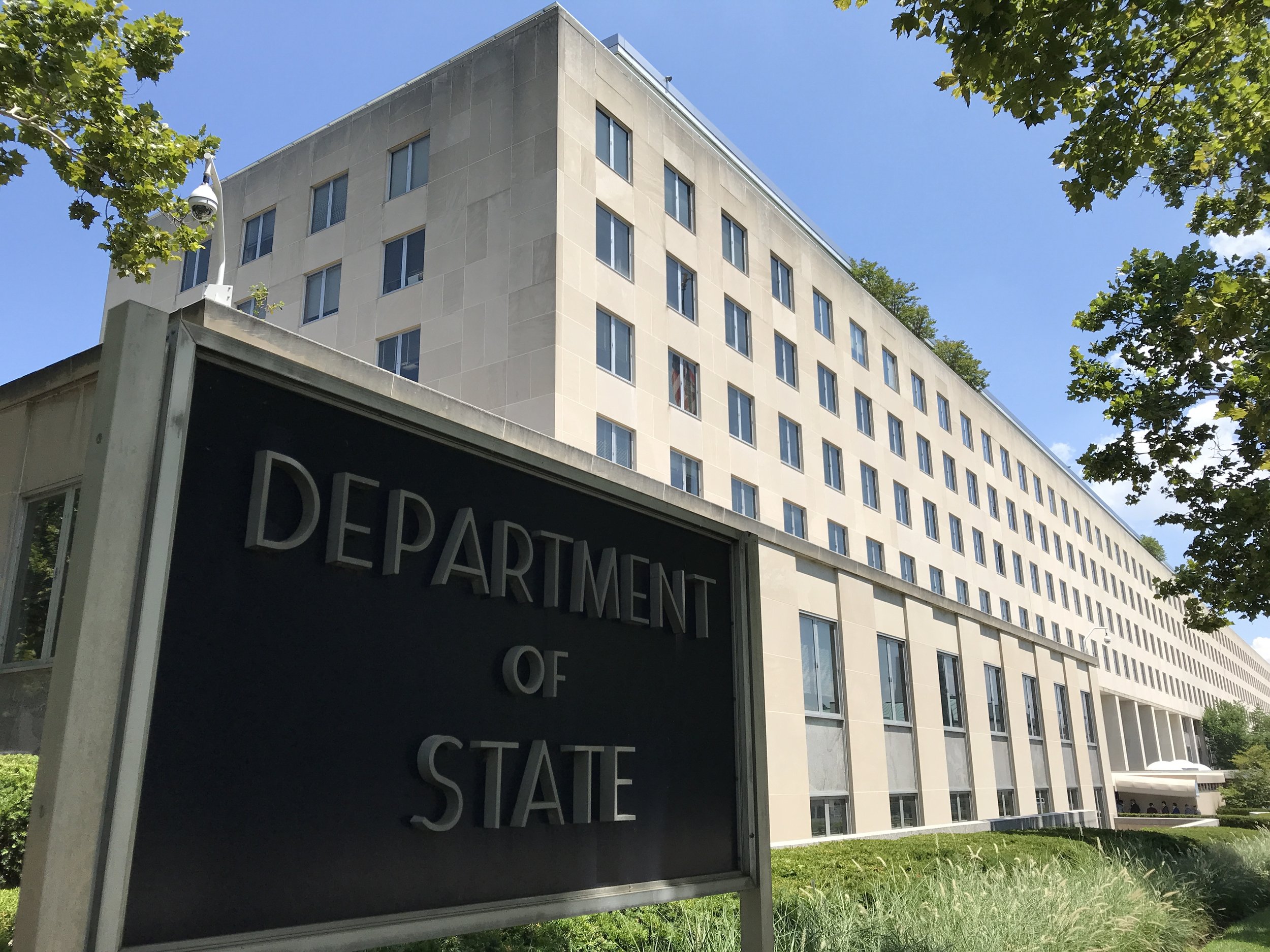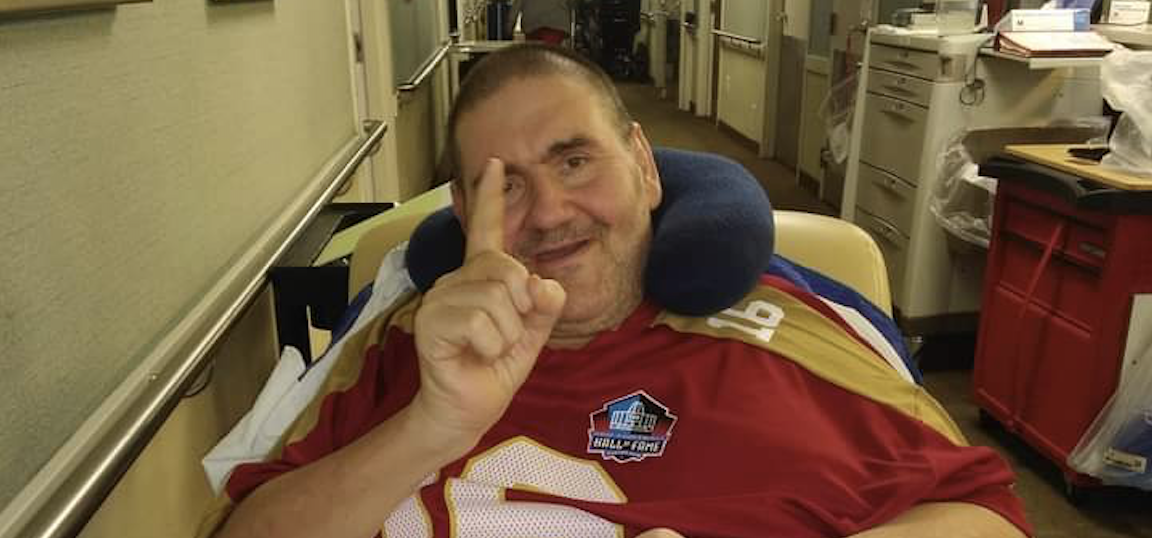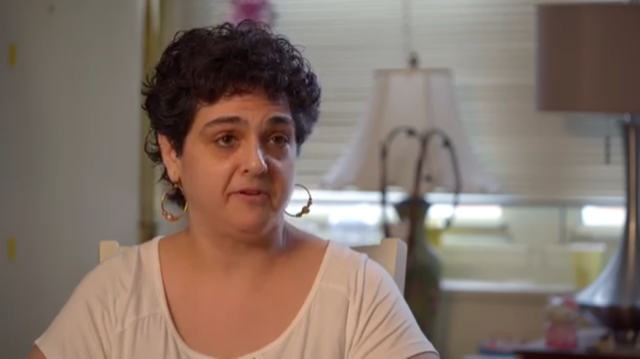Justice for People with Disabilities – Huronia Class Action
Kirk M. Baert
Koskie Minsky LLP
Imagine living in a cramped and segregated hospital-style ward, with no privacy, no personal control over your daily life, no chance to form intimate relationships, and no ability to leave. Overcrowding, under-funding, a lack of qualified supervision, as well as a lack of residents’ abilities to advocate for themselves, led to these toxic environments being a daily reality for widespread alleged abuse for thousands labeled with cognitive and developmental disabilities in Canada as recently as 2009.
A class action was the mechanism by which justice was achieved for the victims of shocking allegations of:
• residents forced into stress positions for punishment;
• residents “hog tied” such that they were forced to urinate or defecate on themselves;
• forced ingestion of sedatives and other drugs;
• forced embarrassing positions, such as male residents being forced to strip naked and lie face down in a line with the nose of each resident in the anus of the resident in front of them;
• forced wearing of night gowns for extended periods of time, rendering residents more vulnerable targets for sexual attacks; and,
• both male and female residents subjected to sexual abuse by staff members and other residents.
Hundreds of residents died at the institutions over the years and many were left forgotten in unmarked graves.
Starting in 2009, my firm launched a series of class actions on behalf of the former residents and on the eve of the trial in November 2013, what had become known as the Huronia case settled. In total, $67.5 million was provided for the survivors.
The case ushered in one of the largest and most flexible settlement claims processes in Canadian history. Every step was court-supervised: direct mail to tens of thousands of people, government-funded agencies and long-term care facilities; publications in newspapers and magazines; advertisements on television and radio; and distribution of the notice by class counsel and various interested third parties. We also orchestrated a total of 28 days of claims workshops in various locations across Ontario in order to provide one-on-one assistance. This process resulted in the release of thousands of resident files to former residents and family members to assist in the claims process..
Final administration of the settlement is currently underway, with compensation being finalized by the end of this summer, ultimately providing reparations to thousands of victims.
The Huronia case also demonstrates the power of class actions to provide restorative justice. In addition to written apologies, the Premier of Ontario provided an oral apology on the floor of the Ontario Legislature. Commemorative plaques honouring the memory of the former residents were installed on the grounds of the institutions where so many had suffered. Site visits were coordinated, providing access (and closure) for hundreds of former residents, their families and friends, scholars, and the media. All documents produced in the litigation were deposited with provincial archives and remain accessible to the public. The Province has created an online database consisting of over 65,000 documents, which will preserve the memory of the former residents and ensure their stories are never forgotten. Finally, the Crown also has undertaken to create a registry of those buried at the Huronia cemetery in its approximately 1,400 unmarked graves.
While the wrongs of the past can never be truly righted, the Huronia case demonstrates the power of a class action to provide a voice and a measure of resolution to a vulnerable segment of the population that was long silenced after suffering years of unspeakable abuse. It has shined an eternal light on one of the darkest periods in Ontario’s history, and one that can never again be ignored.
This is access to justice.
The Supreme Court of Canada has long held that a central tenet of class actions in Canada is access to justice. Class actions make it economically feasible to prosecute large and complex claims on behalf a group that might otherwise not be brought at all. Few cases truly embody this principle better than Slark v. Ontario (commonly referred to as “the Huronia case”). This case was in effect three class actions prosecuted in tandem against the Province of Ontario for breach of fiduciary duty and systemic negligence on account of its establishment, operation, and supervision of three provincially-run residential institutions for persons labeled with cognitive and developmental disabilities – Huronia, Rideau, and Southwestern









